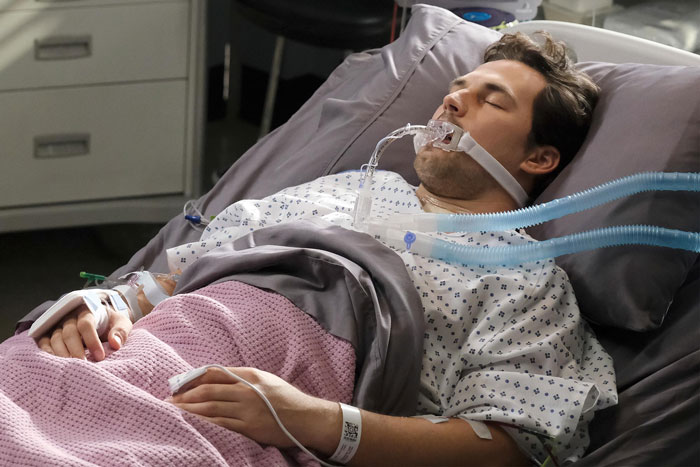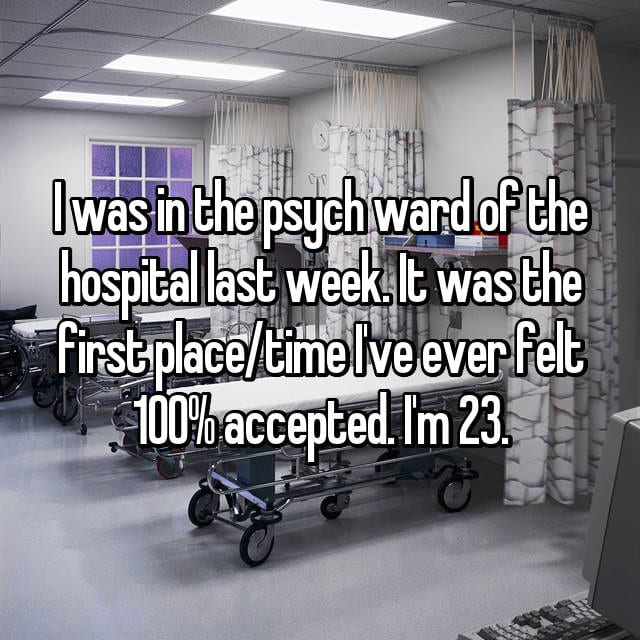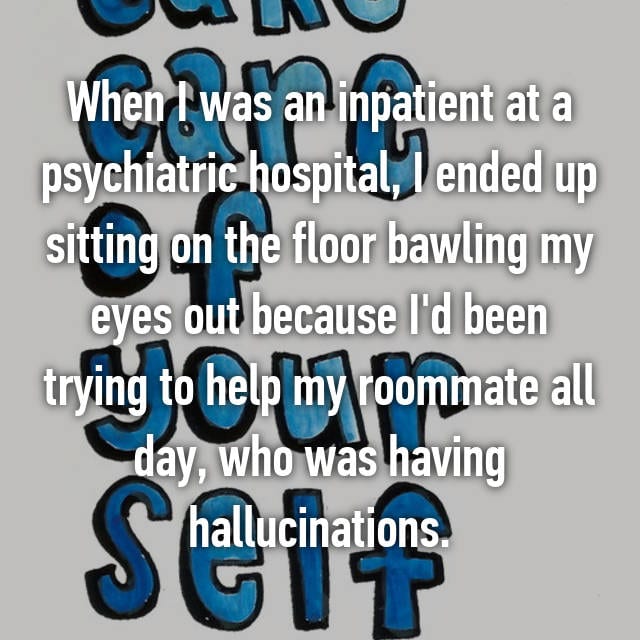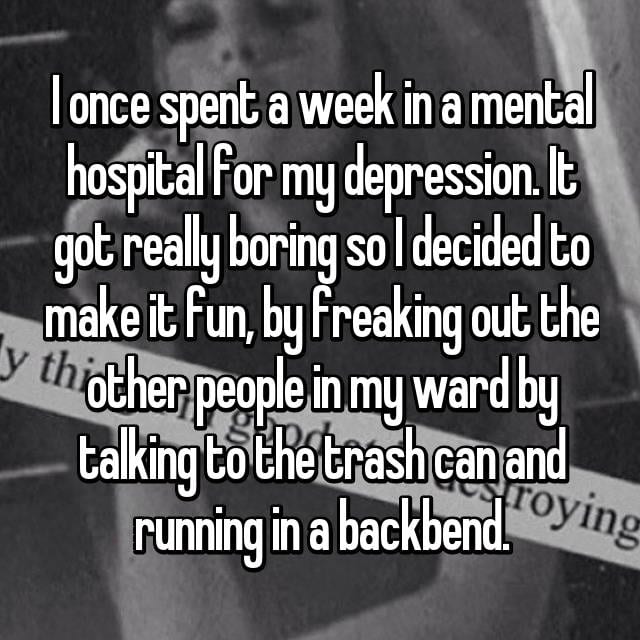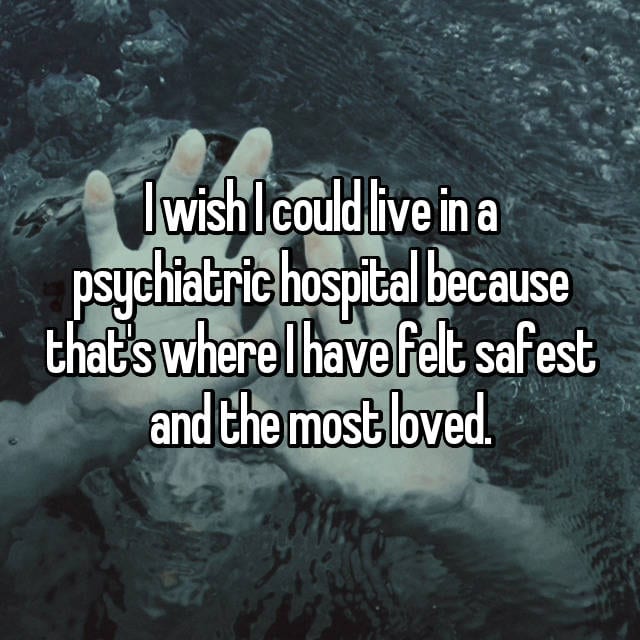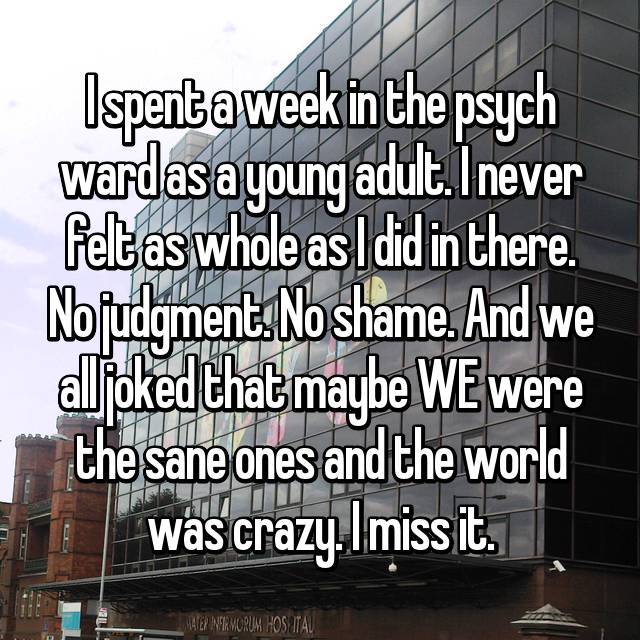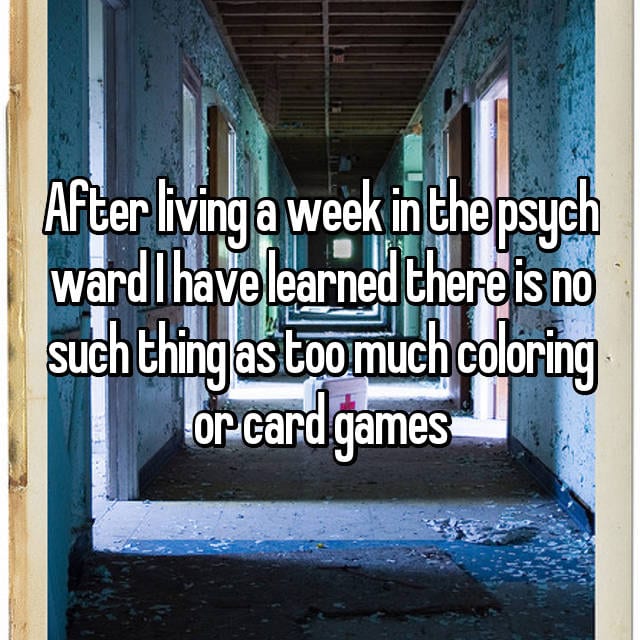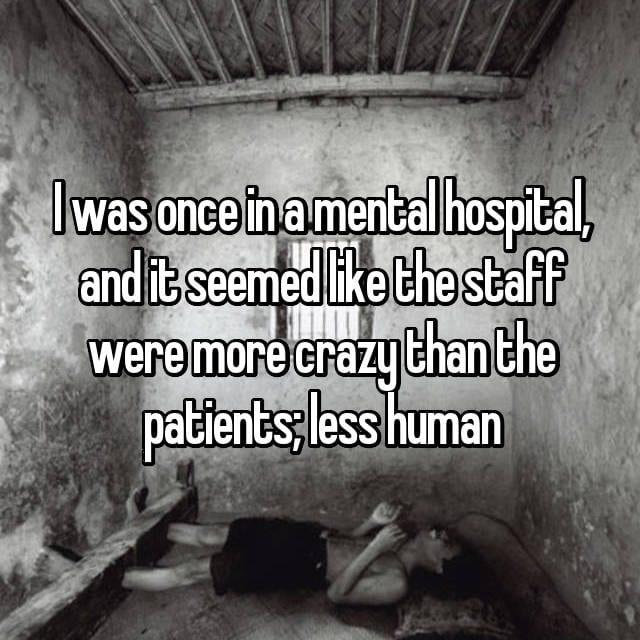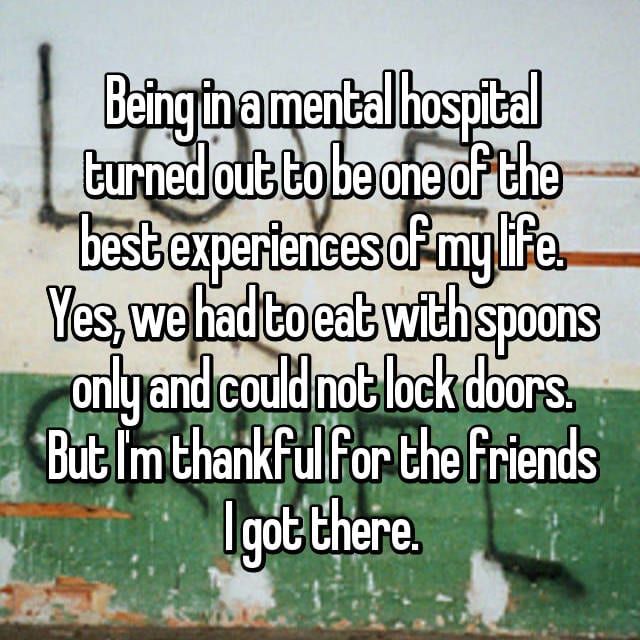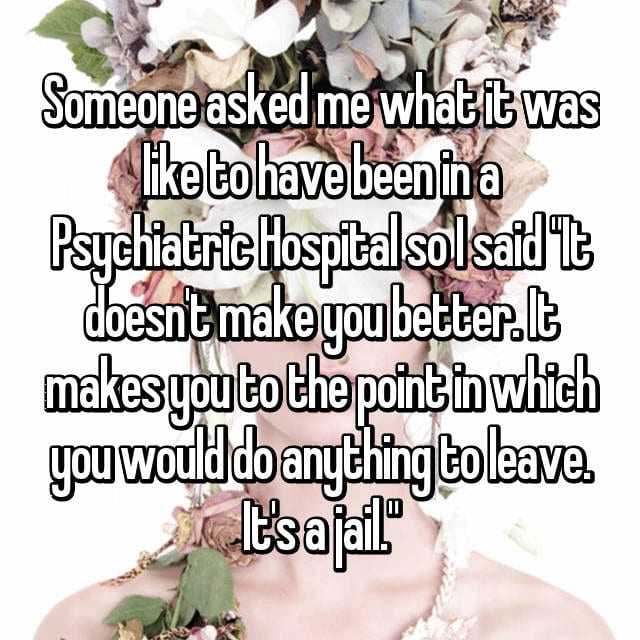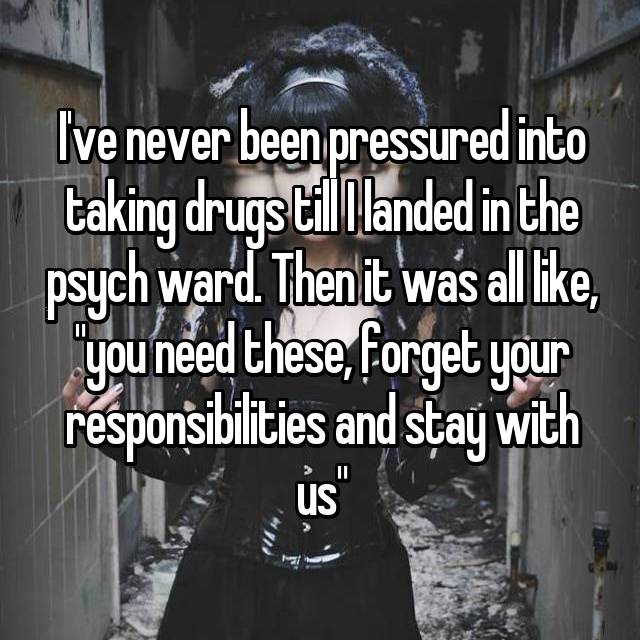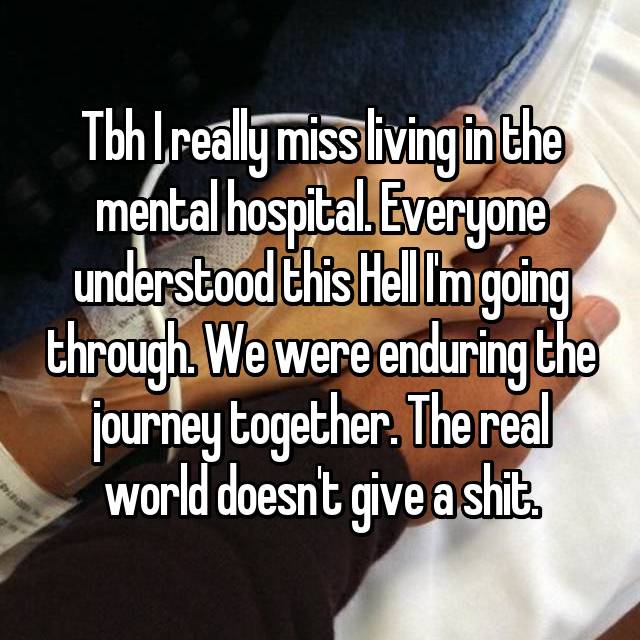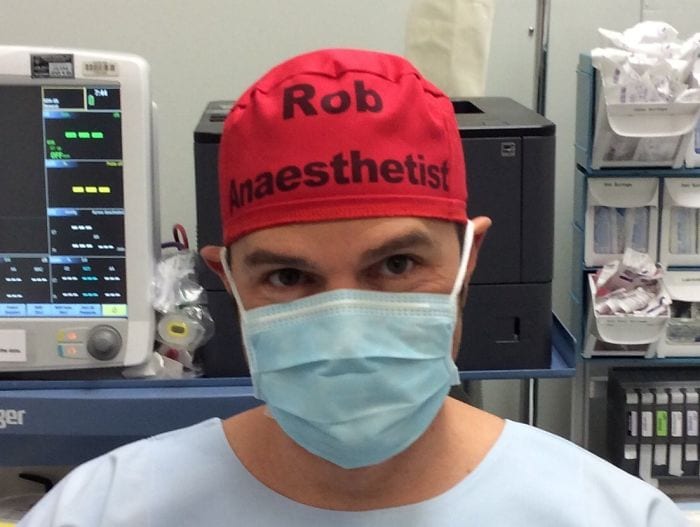A coma is a period of prolonged unconsciousness brought on by illness or injury. The person in a coma is unable to respond to external stimuli.
The person is very much still alive but the brain is functioning at its lowest stage of alertness.
Having a family member in a coma can be a devastating experience. Will they ever wake up? And will they ever be the same person again, with the same quality of life?
But what’s it like for the person actually in the coma?
Some people have described it as a dream-like state, though the experience can vary from person to person.
People went into further detail after Redditor portlover91 asked the online community:
“People who have been in coma, what was it like? Do you dream? Does it feel like you’ve been asleep for a long time?”
“I was in a coma for over three days…”
“I was in a coma for over three days but was in the hospital for over two months. The doctors were trying different procedures for my brain to kickstart the short-term memory. I literally couldn’t remember anything.”
“I would routinely reintroduce myself to nurses, not remembering them from a few minutes prior. I would start a conversation, only to forget what I was saying mid-sentence, and just stop talking. It was so frustrating.”
“I don’t remember anything from that time, but I remember how I felt about certain situations when they are brought up by others. As an example, a person who I’m no longer with yelled at me, with nurses present, and was banned from visiting.”
“I don’t remember that exchange, but I remember feeling extremely hurt and sad, but didn’t know why.”
“When I was speaking with a relative, she brought up the ‘yelling situation’ and the feelings came flooding back, but not what was said or who was there.”
“I’m getting better and I’m able to retain new memories, overall… just not during any extremely stressful moments.”
“My brain protects itself and stops “recording” when I find myself in a stressful situation. It’s really not fun and can be truly challenging.” ~ Everythings5
“Was in an induced coma…”
“Was in an induced coma for 6 weeks due to pancreatitis. What I remember was so scary. I guess it was a nightmare or something but I dreamt I was being held in a basement by a demon.”
“It felt so real. When I told the doctors they said it was the Propofol that made me hallucinate.” ~ summerswifey
“I have very few vivid memories…”
“I was in a coma for 6 weeks with double pneumonia, sepsis, and kidney failure.”
“I have very few vivid memories from being under but had some very strange visions once I woke due to the number of drugs I was pumped full of. I had no concept of time and thought I had only been out for a day or so.” ~ Zodiackillerstadia
“He said it was like…”
“My husband was placed in an induced coma following a motorcycle accident. He said it was like time stopped in his mind, and he was stuck in a loop of the accident.”
“He was conscious and remembers when he was loaded onto the flying doctor’s plane at the scene of the accident, but he doesn’t remember arriving at the hospital.” ~ FormalMango
“A good friend of mine…”
“A good friend of mine was in an accident this past summer and ended up in a coma for about two weeks. He said the only thing he really remembers is dreaming he was walking around in the dark.”
“After walking for a few minutes, he saw his eyelids as if he were inside his own head. As he approached them, they opened, and that’s when he woke up.” ~ Platonus44
“He thought we were in a spaceship.”
“My boyfriend was in a coma for three days. We sat with him and talked to him the whole time. He doesn’t remember any of it.”
“When he woke up, he didn’t know who I was, but he recognized his mother. He hallucinated for several days after that. He thought we were in a spaceship.
“I asked if there was a Wookie aboard and he said ‘Yes! You!’” ~ PersonMcNugget
“But I just remember it being dark…”
“It was only a few days in a medically induced coma.”
“But I just remember it being dark, short blips of family being in the room, and when the doctor first tried telling me where I was and asking me if I knew my name, I was tempted to answer it as Brittney Spears.”
“But I didn’t want my parents freaking out.” ~ PM_Worst_Fart_Story
“Five days in total.”
“Five days in total.”
“They pulled me out of it after two or three days and I extubated myself, ripped out my IVs and punched a nurse before they sedated me again and restrained me.”
“Day five I woke up and the first thing I remember is not knowing anything. Had to describe, but my brain was basically at a primal level. The only thing I could process was fear.
“Then I ‘remembered’ I was human. At that point, it was ‘okay, my name is X, I’m alive. I’m in a hospital. Those are nurses. Holy s*** I fell off a cliff!’ and I calmed down.”
“After that things are blurry. I think they pushed something to relax me after my initial panic. I apparently signalled to ask for a pen and paper (I was retubed so I couldn’t speak) and wrote, ‘Can I have a whiskey IV?’ And ‘I feel like a salad.’”
“As far as while I was under, my last memory was being loaded into a helicopter and the medic asking ‘X, you’re in the bird, it’s gonna be okay. Do you understand?’ And me saying ‘Yeah, this s*** hurts, knock me the f**k out.’”
“And something got pushed in my IV and next thing I know I’m experiencing what I said above. No dreams, no locked-in syndrome, nothing.” ~ TacosArePeopleToo
“I just remember…”
“I was in a diabetic coma and don’t remember any of it and most of the bit before. I just remember waking up feeling amazing (morphine) and zero pain, which was lovely.” ~ JustPassingShhhh
“When I (slowly) woke up…”
“I was in a diabetic coma for two days. No dreams, no nothing, just out. When I (slowly) woke up I had some kind of mild/minor amnesia.”
“I didn’t know where I was, or who I was, but I recognized my mom immediately when I saw her. TMI but the doctors were just about to put in a catheter when I woke up, then I peed for like two minutes straight.”
“The nurse was impressed.” ~ MingusMonz
“I had a C-section…”
“I had a C-section and woke up four days later in the ICU. Amniotic fluid leaked into my lungs during the C section. I also lost a lot of blood and needed three blood transfusions.”
“I was only in a coma for four days. It was black, no dreams, no time passing. My memories of before the coma don’t have a timeline nor make any sense.”
“To me, it happened in surgery, I was fully awake and started getting tired and then black. The family says it happened differently, that it was after and had visitors for those days. I don’t remember any of those days at all.”
“I still have issues with short-term memory.” ~ NotBadSinger532
We’ve all seen movies about people who fall into comas after an accident or following a grave illness.
Hopefully, these stories give the rest of you some more insight into the experience.
And hopefully, hopefully you don’t ever have to experience it for yourselves.
